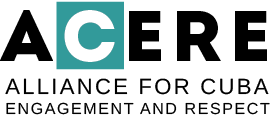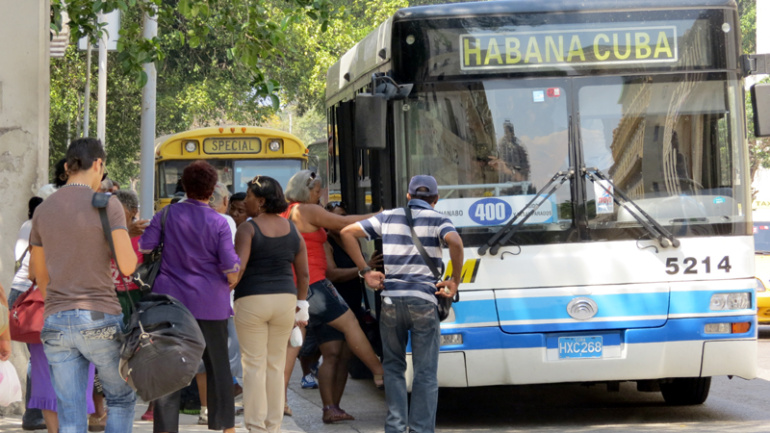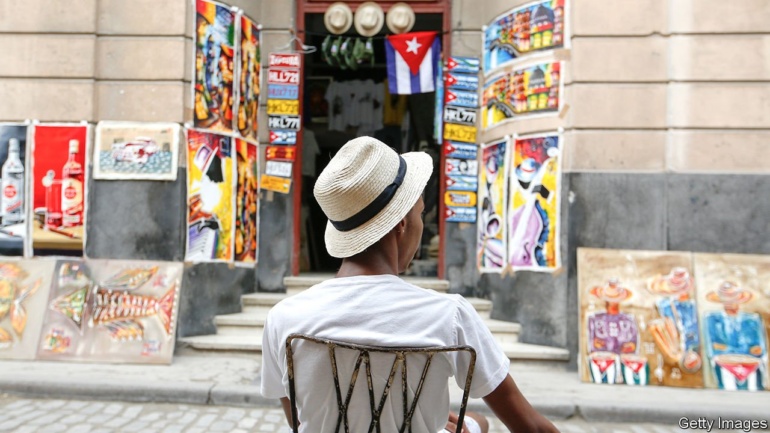The Alliance for Cuba Engagement and Respect (ACERE) notes that the U.S. Department of State, in its 2023 Country Reports on Human Rights: Cuba, fails to mention the most serious human rights violation affecting the Cuban people: U.S.sanctions. That these constitute a flagrant abuse of the human rights of ordinary Cubans is uncontroversial.
The United Nations General Assembly, as well as UN special rapporteurs and independent experts, envoys from the European Union, U.S. allies in Latin America and around the world, and NGOs such as Amnesty International and Oxfam, among many others, have documented the harmful impacts of U.S. sanctions on the human rights of Cuban citizens. To issue a report that purports to document the human rights situation in Cuba without mentioning the deleterious effects of U.S. sanctions policy and the decades-long U.S.embargo is to politicize human rights discourse and ignore a significant contributing factor behind the suffering and hardship Cubans face on a daily basis.
ACERE notes that Cuba fully cooperates with the United Nations human rights system, having presented its universal periodic review to the Human Rights Council in November. In this review, Cuba informed that it had fulfilled 215 of the 226 (95%) recommendations made during its previous review cycle in 2018 and pledged to implement the remaining eleven.
The country has made significant steps toward improving human rights over the past years, including the following:
a new Constitution in 2019 approved by 86% of voters with a 90% turnout (voting is not legally required in Cuba);
the 2019 establishment of a nationwide program to combat racism;
a 2021 program to further progress on women’s rights, including a strategy to prevent and prosecute gender-based violence;
the 2021 creation of a national commission for the rights of people with disabilities;
the 2022 approval of a “Families Code” that bolsters LGBTQI+ rights and protections for children and the elderly, among others, considered to be among the most advanced pieces of legislation in the Americas in terms of inclusion and equality;
and the 2023 formation of a nationwide association for people with intellectual disabilities.
Moreover, Cuba holds regular dialogues on human rights with the European Union. Following their latest meeting in November, the two sides signed four cooperation agreements that will include civil society groups in their implementation.
Highlighting Cuba’s progress and international cooperation on human rights is not meant to conceal or minimize any violations of human rights or shortcomings in Cuba’s system, which undoubtedly exist, as they exist in every country in the world. Rather, we draw attention to the fact that the 2023 Country Report on Human Rights in Cuba offers only a partial and politicized portrait of the human rights situation in Cuba, failing to mention how current U.S. policies toward Cuba do little to advance human rights on the island and only embolden the Cuban government to justify limitations on certain political rights.
If the Biden administration were serious about helping guarantee human rights in Cuba, it would follow the precedent set by President Obama by calling on Congress to end the embargo and engage in human rights cooperation and dialogue with Cuban authorities as the Obama administration did, the European Union does, and Cuban authorities have called for on repeated occasions.
The history of US-Cuba relations and negotiations makes clear that if the administration truly wants to succeed in advancing its foreign policy and strategic interests, such as the promotion of human rights and the release of prisoners in Cuba, then it would be a mistake to continue the current approach of quid pro quo incrementalism and should instead pursue a policy of positive engagement that builds trust, transcends blame-game politics, and has a better chance of producing concrete results.



